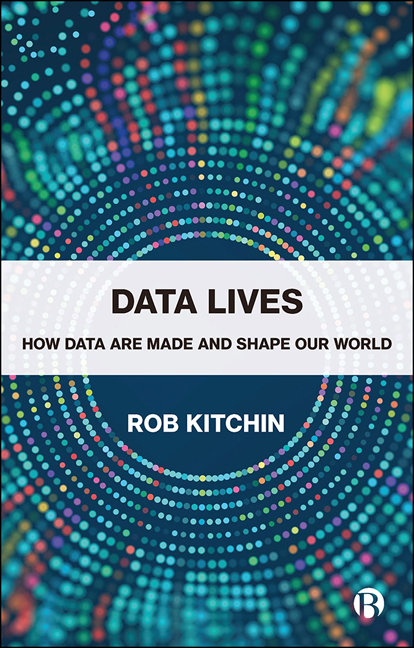24 - Data for the People, by the People
Published online by Cambridge University Press: 05 January 2022
Summary
The occupants of the room are gathered in small groups at circular tables. The place is buzzing with chat and laughter. The tables are a mess of laptops, cables, brightly coloured stick-it notes, and paper cups and mugs. Off to one side is an open-plan kitchen with help-yourself drinks and snacks. Boxes of pizza will arrive later.
The attendees are taking part in a Code for Ireland meet-up. Participants gather once a month in the offices of different tech companies – this evening it is one of the lower floors of Google’s European headquarters in Dublin’s Docklands – to catch up and work on community-focused, tech-based, data-driven projects. Code for Ireland’s vision is to ‘Improve society and the lives of people in Ireland using technology.’ Their mission to ‘Develop innovative and sustainable solutions to real-world problems faced by communities across Ireland, by fostering collaboration with civic-minded individuals, businesses and public sector organisations.’
Most of those attending the meetups work in the tech-sector, and Code for Ireland enables them to apply their coding and data analytics skills to solve civic issues for the public good. Most of the issues being tackled relate to fixing something experienced by the participants. Interested stakeholders, such as local authority staff, have suggested others. The focus is specifically community and public services, and there is a transparency and open science ethos to the endeavour, with projects making their code freely available for others to use rather than seeking to make commercial products. The projects being worked on this evening all involve creating apps that provide useful information to members of the public.
I’m at the event for a couple of reasons. Given my work with AIRO and DRI, knowledge of open datasets, and working with public bodies on data issues, I am advising the attendees on possible sources of data, or how they might go about building a data relationship with those that hold relevant data. In addition, two of my colleagues, Sung-Yueh Perng and Sophia Maalsen regularly attend the meetings, as well as other citizen-led data and code initiatives, and I’m interested in what they are doing. While Sophia has yet to attach herself to a specific project, Sung-Yueh has become involved in a venture to build a queuing app for Irish immigration offices.
Information
- Type
- Chapter
- Information
- Data LivesHow Data Are Made and Shape our World, pp. 187 - 196Publisher: Bristol University PressPrint publication year: 2021
